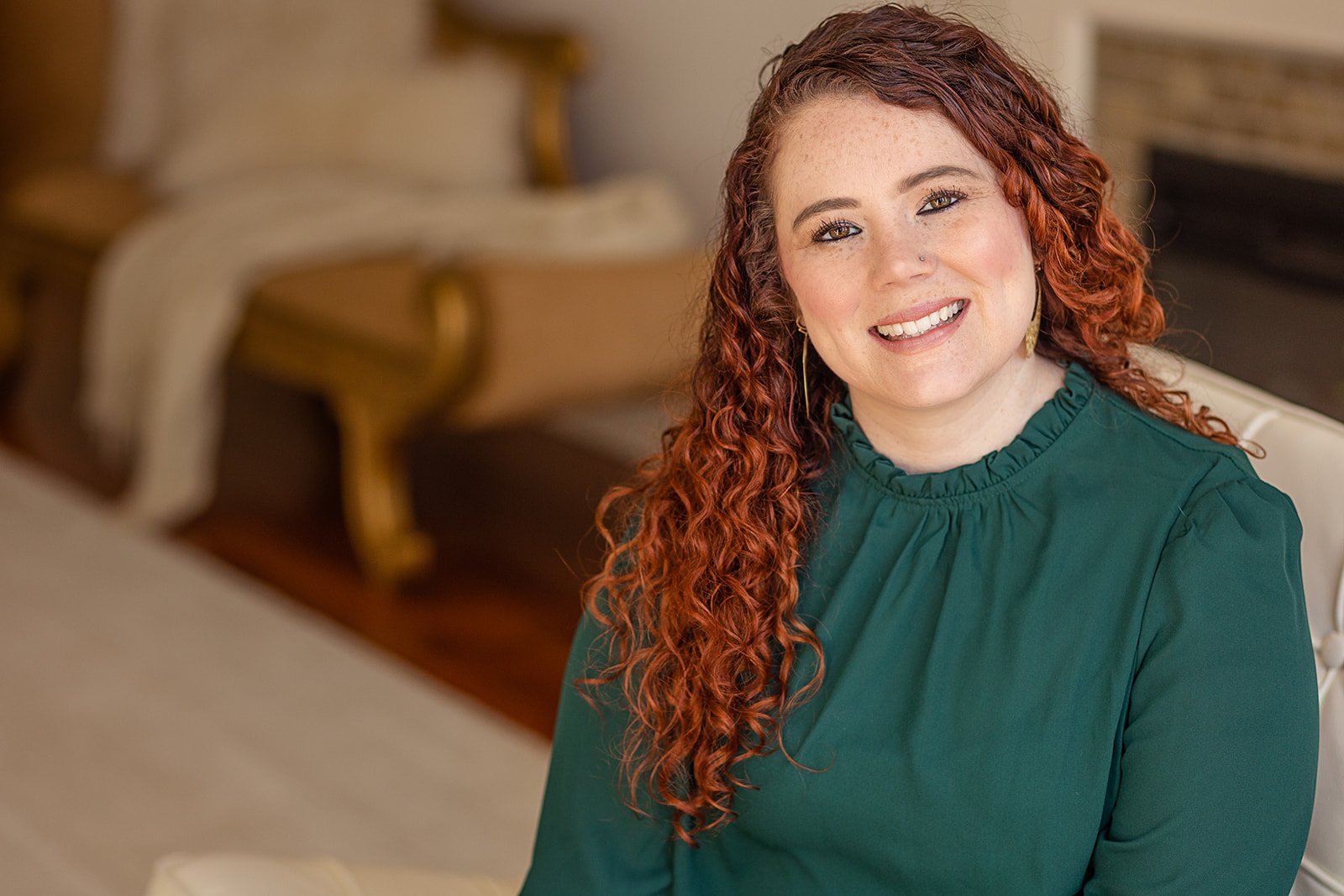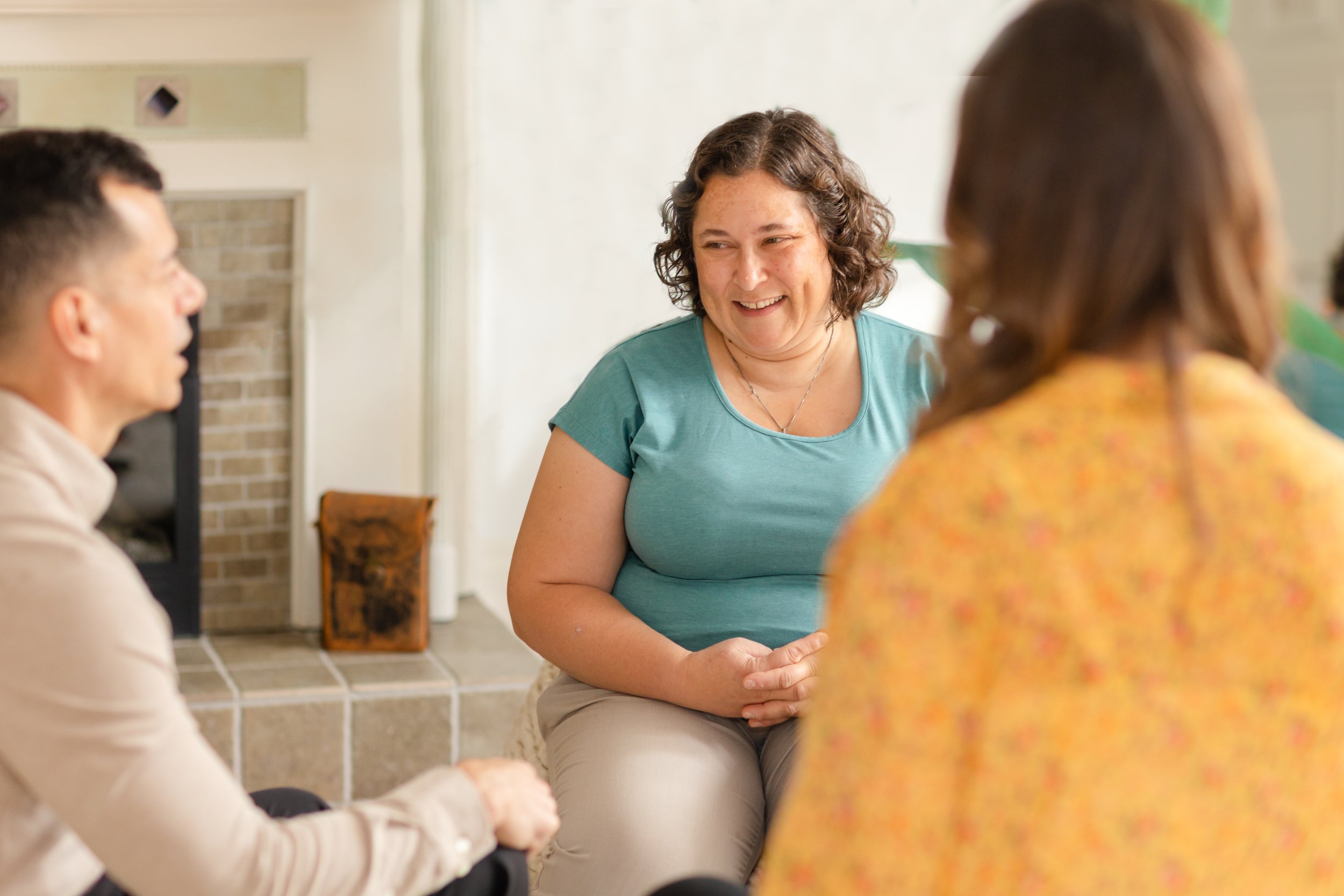Recovering from Compassion Fatigue as a Therapist
I am going to be honest, some days I absolutely love being a therapist, and other days, I question my career choice, clinical judgment, and sanity. There are times when I feel like I am hitting it out of the ballpark when I know my clients are growing, making progress, and realizing I have created a safe space for clients to feel their feelings. Other times it's hard to tell if I said the right things, done the right things, or if I even know what the hell I am talking about with clients (can someone say imposter syndrome?). One day I was in my thought spiral trying to pull myself out through self-compassion and thought “what other therapists feel the same way I do?” I once read the book “Lost Connections” by Johann Hari. In the book, he talks about how we as humans need connections with others as it is a part of our survival. Through my knowledge about humans wanting connections and the everyday struggles of being a therapist, an idea was born- The Therapist Helping Therapist Circle at Hello Mental Health. I wanted to create a space for helpers to know they are not alone. A place where they can focus on themselves instead of everyone around them. A place where they can be their authentic self without judgment.
Let's chat a little more about our struggles as helpers.
Being a helper isn't always easy
When I first started college in 2010 I knew I wanted to be in a field that was a “helping profession”. After obtaining two bachelor's degrees and two master's degrees, I can finally say I am in the right place AND some days it's hard and exhausting. My point here is that we are helpers to the CORE and sometimes it takes a bigger toll on us than we expected. Many helpers put others first and tend to leave themselves on the back burner. I have learned (the hard way) that we need to take care of ourselves so we can take care of others. Our jobs are mentally tough whether you are a counselor, school counselor, psychologist, psychiatrist, or med provider.
We have to be aware of our mental health
One thing I wanted to point out here is that we as helpers can also struggle with mental health. Yes, some of our clients believe we have it all together and don't experience mental health struggles. I hate to break it to them but we do. Actually, that's why I wanted to become a therapist- because I often struggle and I know if I am struggling others are as well. My main point here is that we don't have to have it all together to help our clients. We are humans and we are allowed to experience our feelings and struggles. With that, we need to take care of our own mental health needs. This can look like going to our therapy sessions, taking mental health medications, having boundaries, self-compassion, taking time off, and asking for help. At times in my life I have had the thought “well I’m supposed to be an expert in this field. I shouldn't be struggling.” The truth is we do not have superpowers and we don't need to have it all figured out.
Mental health, burnout, and compassion fatigue are some of the reasons why I wanted to create the Therapist Helping Therapist circle. I wanted to give helpers a safe space to work on filling their cups. To create time to focus on themselves. To create connections between other helpers.
Being an empath can take a toll
You know when people use the word “empath” and you're like “ugh that’s me”. Yes, that's me to my bones. I can feel my clients' feelings and sometimes they aren't great feelings. I know that it's something that can make me a good counselor and yet it's hard to feel their feelings and mine at the same time. Sometimes they disclose trauma and it's hard to hear. Trauma is weird because we can experience vicarious trauma while helping our clients process the traumatic event. If you are also like me and have experienced some trauma it may be even harder to hear and process. Sometimes my past experiences create biases or just get in the way of how I am experiencing my clients. It's taken me a while to learn that nothing is wrong with me. I am just human and it would be impossible to ignore my past. However, I have created awareness around it by bringing it up in supervision and consultations.
Burnout can sneak up on us
A legit text I received from my supervisor last week “You have to take time off or else you will burn out and not be the therapist you know and are proud of being. Practice what you preach. Take care of yourself.”
Her point here wasn't to take a vacation and everything be okay because the research shows that when people return from vacation they still feel burnt out. Her point was to create a work-life balance ensuring I am meeting all of my individuals needs so I can help others meet their needs and not feel guilty in the process. We as helpers bring awareness to our clients being burnt out and often ignore our own needs. I can't tell you the countless hours I have spent with clients, talking about proper sleep hygiene, self-care, self-compassion, and boundaries. No matter how often I discuss these topics with my clients, I can't seem to take my advice or use my own tools. I also once had a professor who is the guru of therapist burnout. She made us create our self-care plan while still in grad school. At that time I tossed it aside because I thought it was just another assignment. I wish I knew then what I know now because burnout in our fields happens more often than we know or want to accept.
So how do we leave work at work?
One of the great pieces of advice I received from a professor was to imagine a spider web on the door of my office. When I walk into my office, I imagine my home life being stuck to the spider web leaving all my thoughts and feelings there. When I walk out of my office, I imagine all of my client's thoughts and feelings sticking to it so I don't take them home with me. This works some days and other days, no matter how hard I try to leave everything on the sticky web it goes with me wherever I go and that go is normally with my three little boys who also need my attention. The real answer is we can do our best to create some separation from our sessions but we can't always leave work at work. As helpers, we have to balance our lives and sometimes all of the weight we feel the need to carry with our clients. It can get heavy.
How can we support one another?
We can support one another by joining together in supportive community. Holding space for one another, validating one another, and receiving the same type of support we give to our clients.
That’s the whole purpose of the Therapist Helping Therapist Circle. This therapy circle is for licensed professional counselors, social workers, licensed marriage and family therapists, and psychologists who need time to step away from supporting their clients and step into supporting themselves- even if it's just an hour a week!
The mission is to rediscover your identity outside of being a professional healthcare provider. Redefine your values, goals, and boundaries in your everyday life. Reframe your expectations and release perfectionism. Identify your needs to help stop burnout and compassion fatigue. Be surrounded by a supportive community of therapists to help feel more connected. Learn strategies and tools to help guide you. Grow as a human, parent, and professional.
We would love to invite you into our Circle
Anonymous quote from a member of the circle:
“Spending quality time with other therapists feels restorative. We’re all in different places in our practices, but share our personal and professional struggles and celebrations.”
I have a few hopes for you after reading this blog. One is that you feel validated through some of my own thoughts, feelings and experiences. We are just humans bumping into each other trying to figure this life thing out. My next hope is that you take care of yourself and put time into yourself because you deserve it. My third hope is that you feel like you have a place to feel supported. That can look like support in consultation groups, supervision, or the therapist helping the therapist circle.



